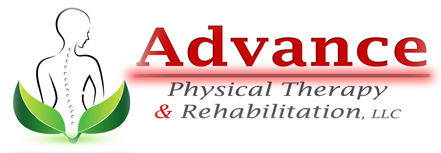
ACL Tears and Surgery
What are ACL tears and surgery?
The anterior cruciate ligament (ACL) is a ligament in the knee. This ligament is toward the front of the knee, and it connects your thighbone (femur) to your shinbone (tibia). If this ligament is exposed to a certain type of stress, it can suddenly tear even if it wasn’t previously damaged. This condition most commonly affects athletes, and it affects female athletes more than it affects their male counterparts. ACL tears are usually accompanied by a popping sensation in the knee that is immediately followed by swelling and an inability to move the injured knee.
What causes ACL tears and surgery?
ACL tears most commonly occur while playing sports. In particular, sports like tennis, basketball, skiing, and volleyball expose your knees to the type of stress that can cause these types of tears. These tears can occur when you stop suddenly, pivot with your foot firmly planted on the ground, suddenly change direction, or incorrectly land from a jump.
What are the symptoms of ACL tears?
Symptoms of ACL tears include pain, swelling, instability while walking, inability to jog, run, twist or pivot, inability to play sports.
How are ACL tears and surgery diagnosed?
Since ACL tears are accompanied by easily identifiable symptoms, they are generally easy to diagnose. However, X-rays may be ordered to determine if there have been any fractures, and an MRI may be used to evaluate the ACL.
How are ACL tears and surgery treated?
In most cases, a surgery that uses a graft from another tendon is used to repair ACL tears. If they are not treated with surgery, ACL tears usually cause secondary conditions or result in a loss of mobility. It takes a long time to recover from an ACL tear and the accompanying surgery, and physical therapy is almost always employed for weeks or months after an ACL tear surgery to ensure an adequate return of mobility. At Advance Physical Therapy & Rehabilitation, our experienced therapists use treatments which include electrical stimulation, manual therapy, stretching, strengthening exercises, gait training, balance training and agility training.


